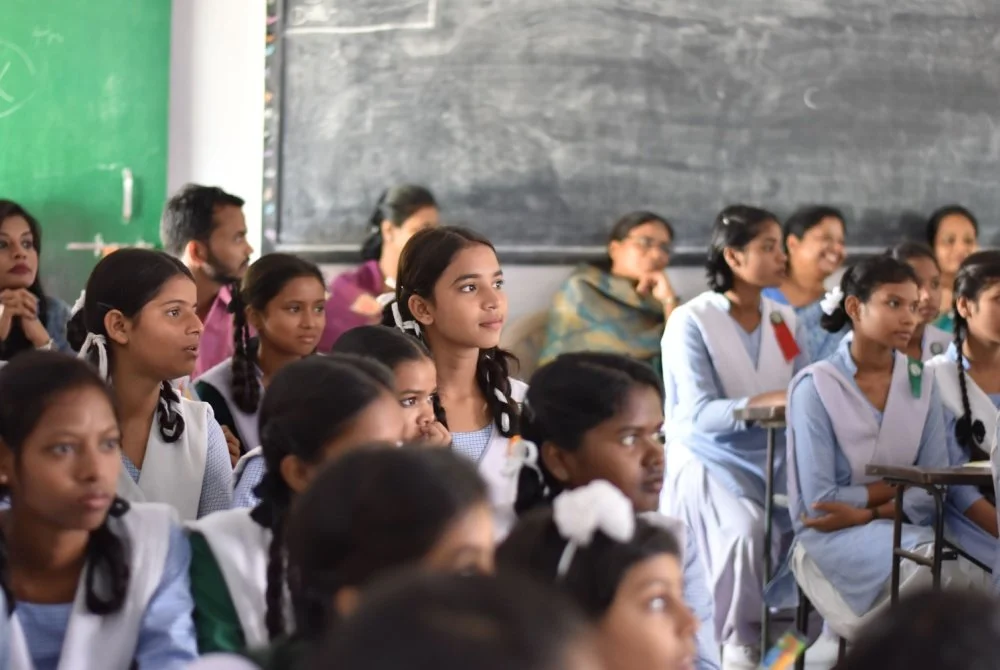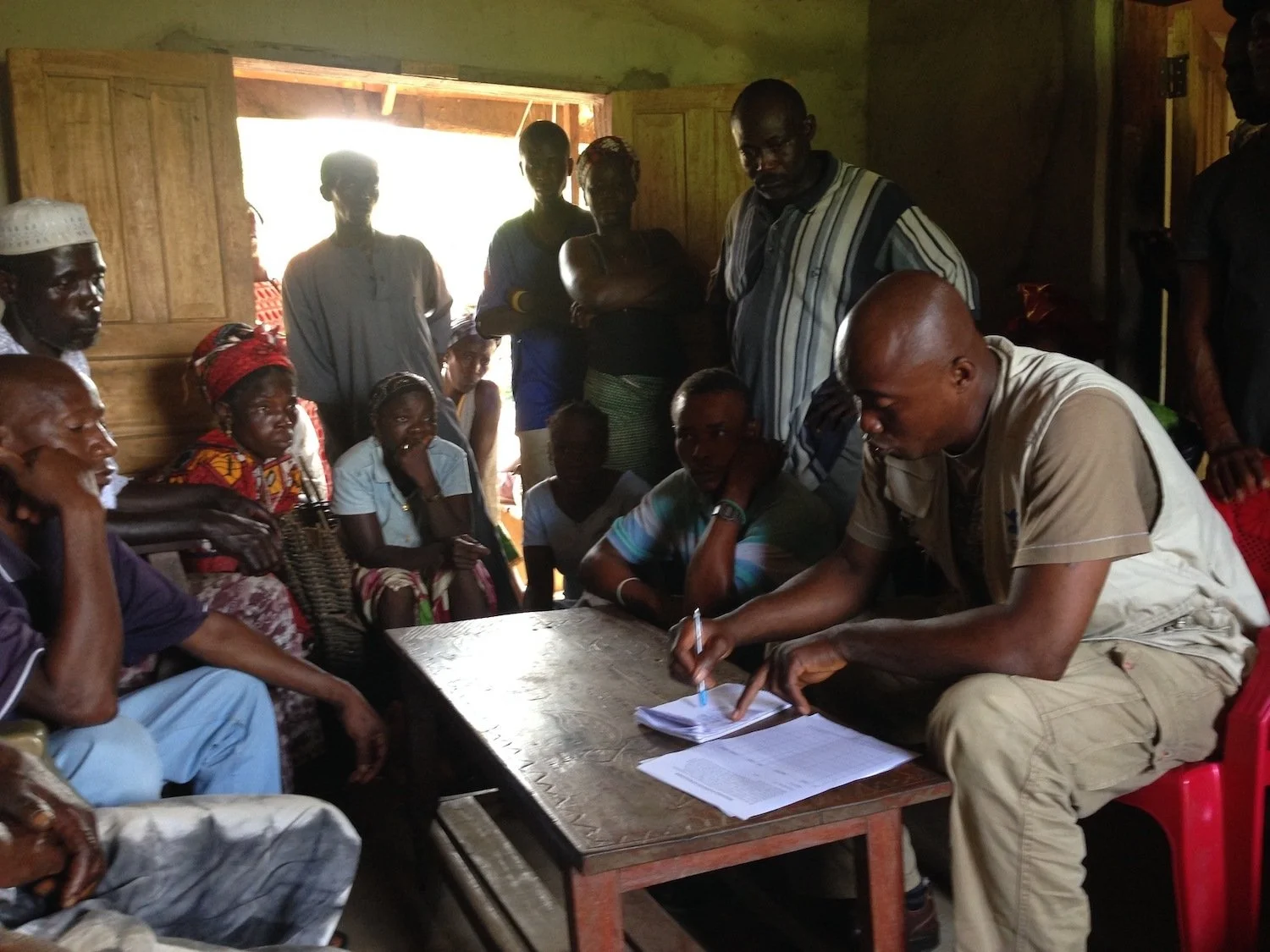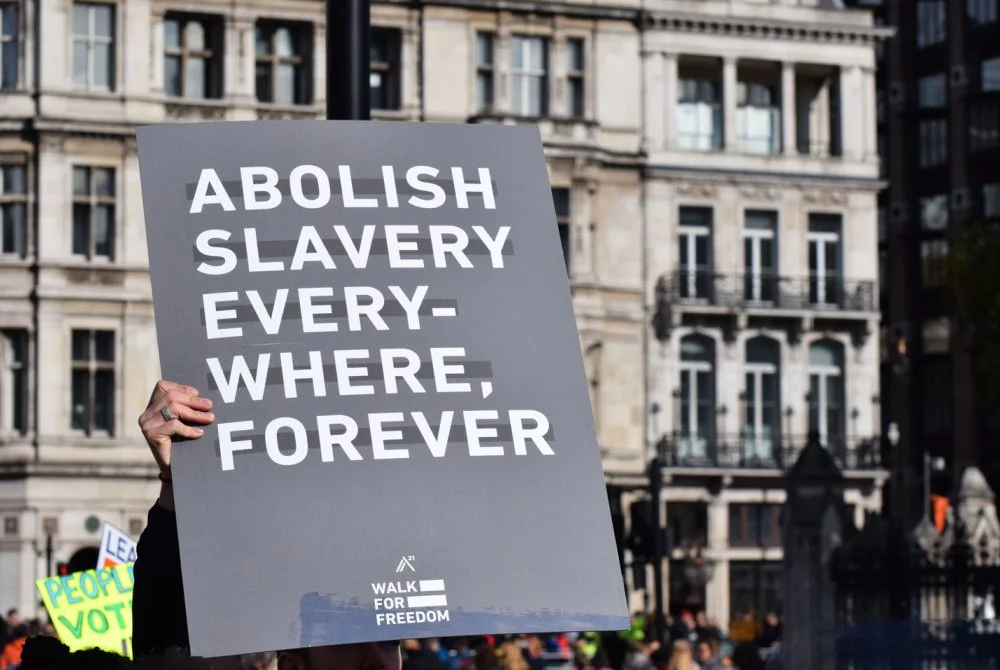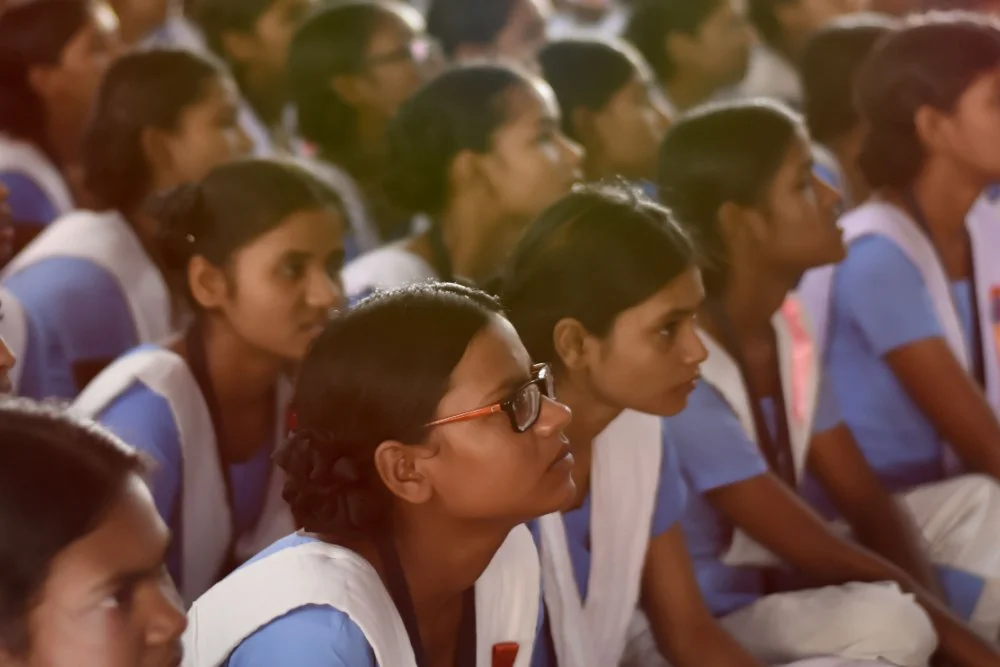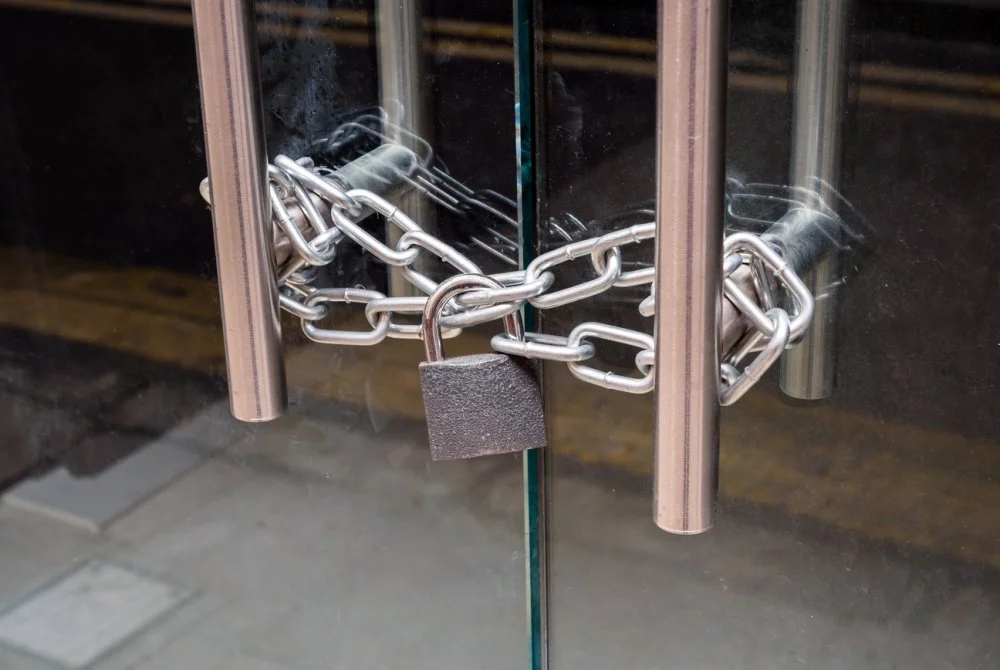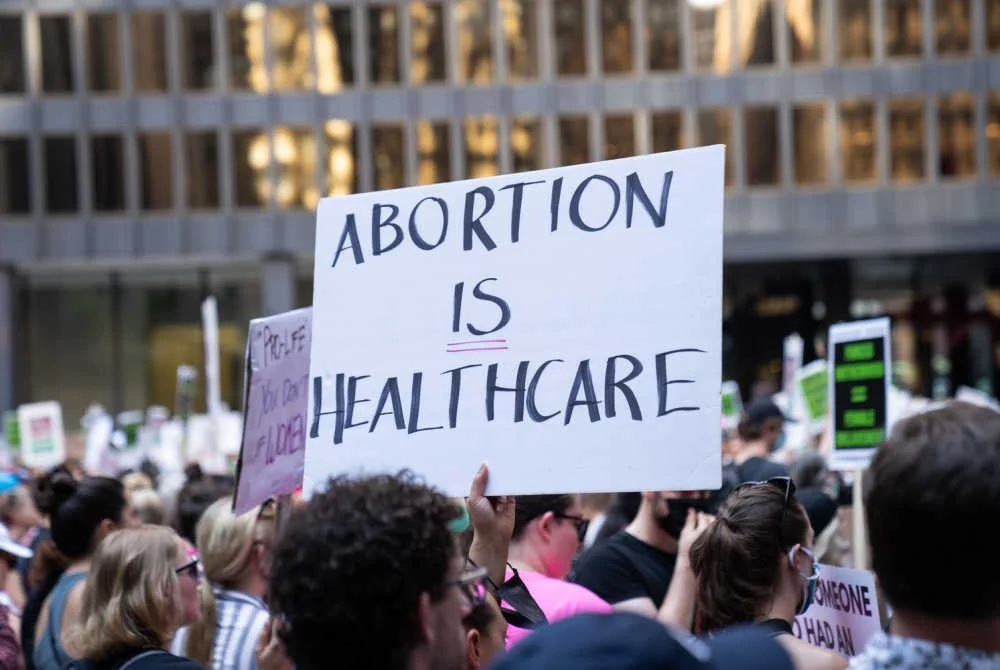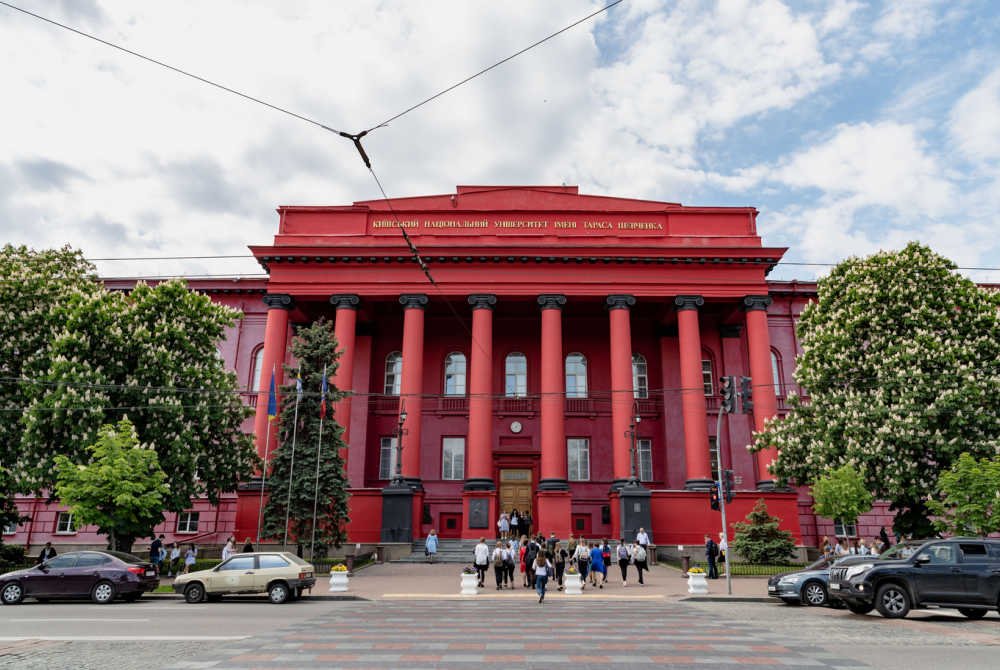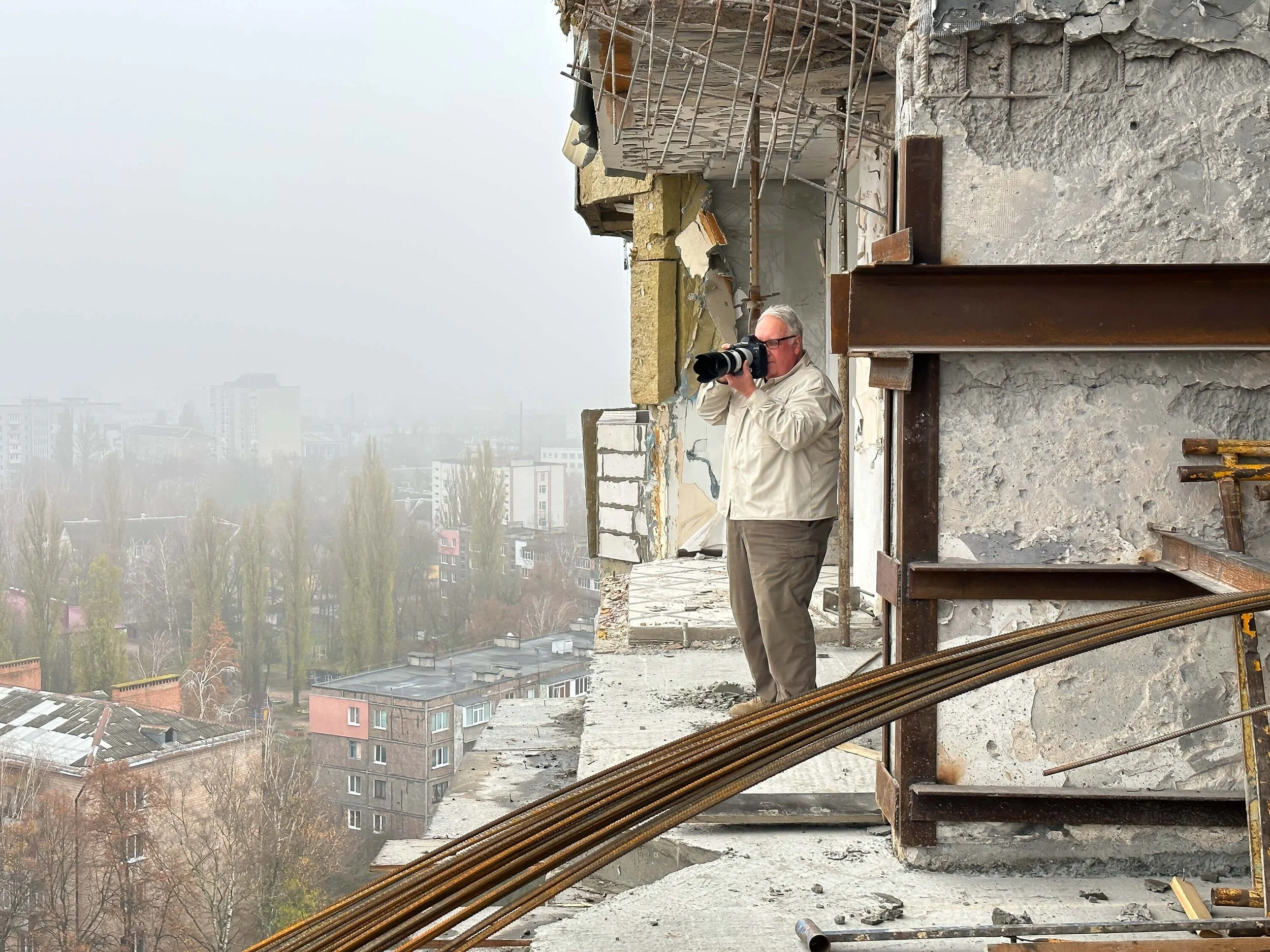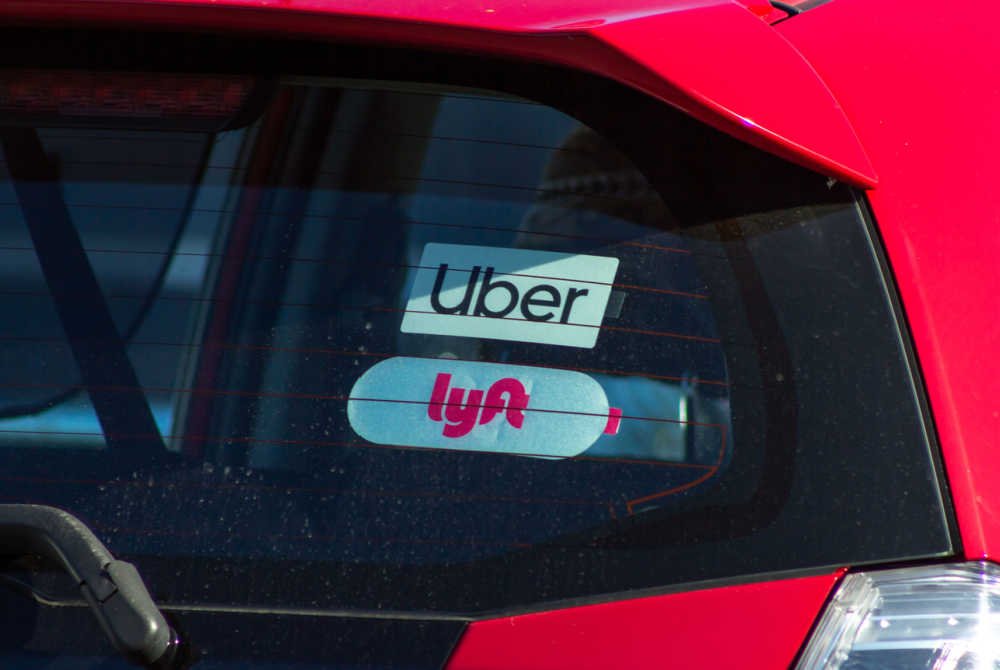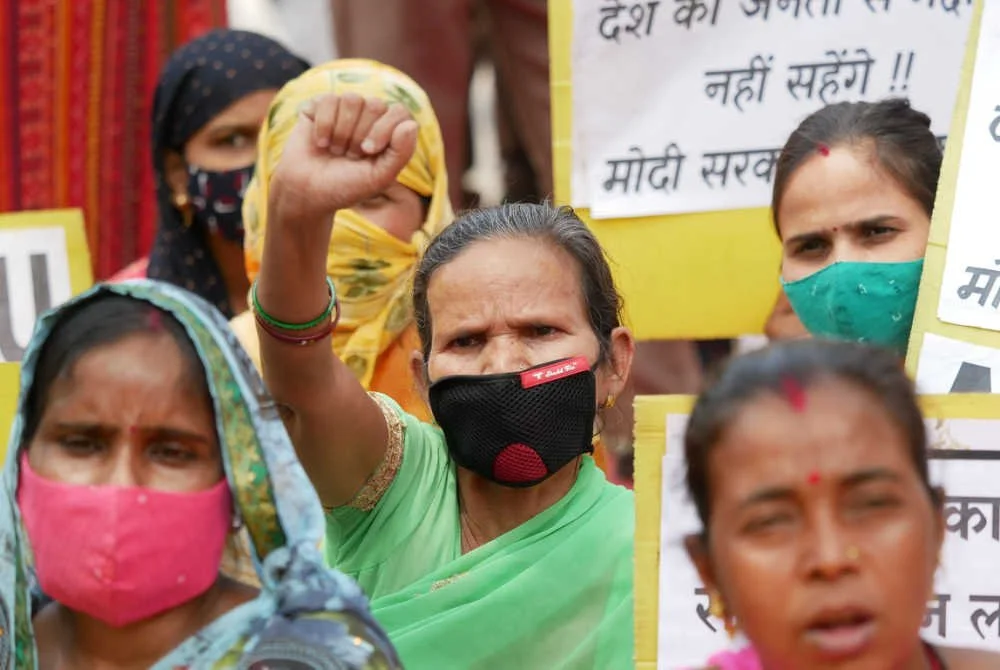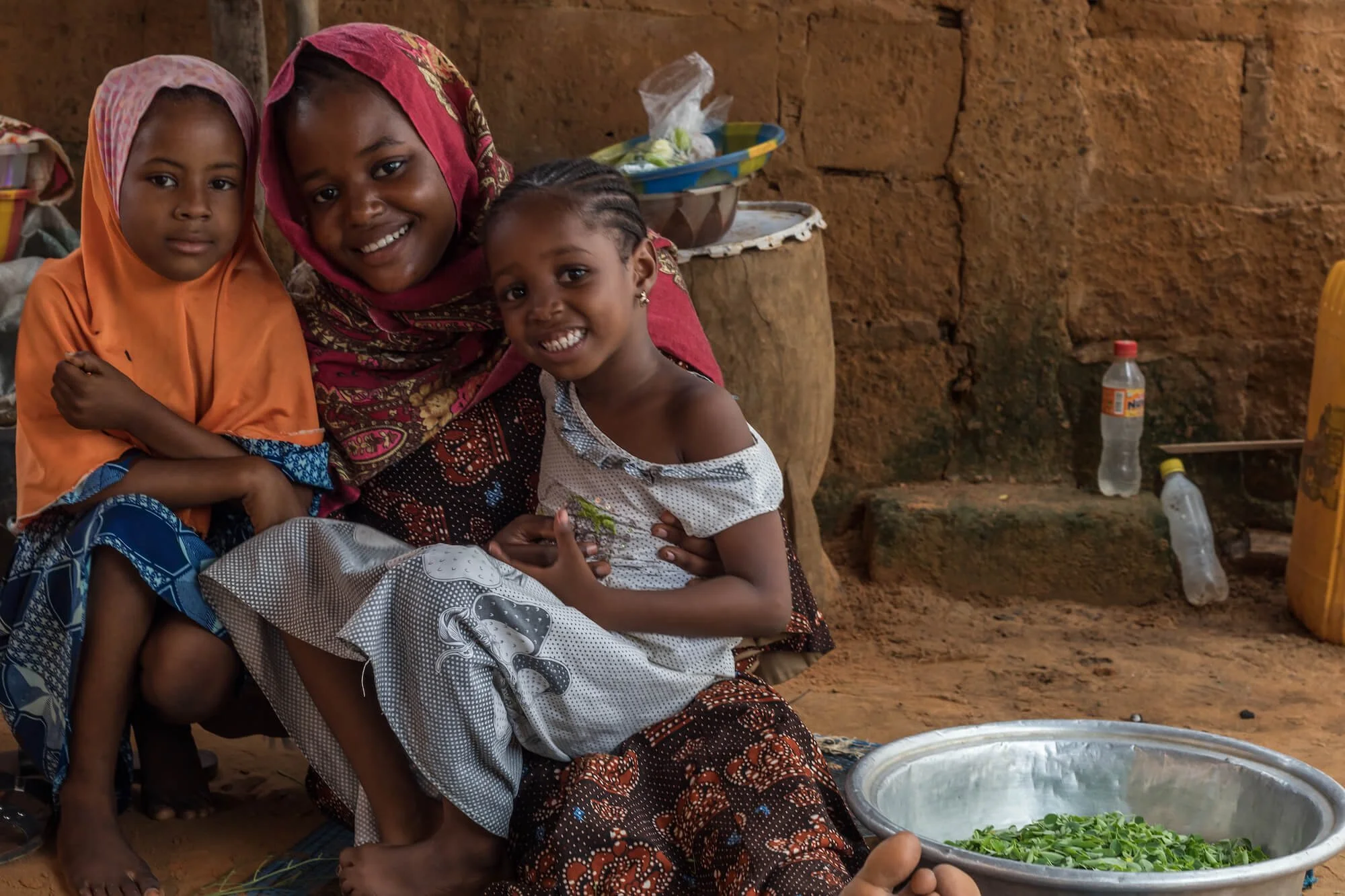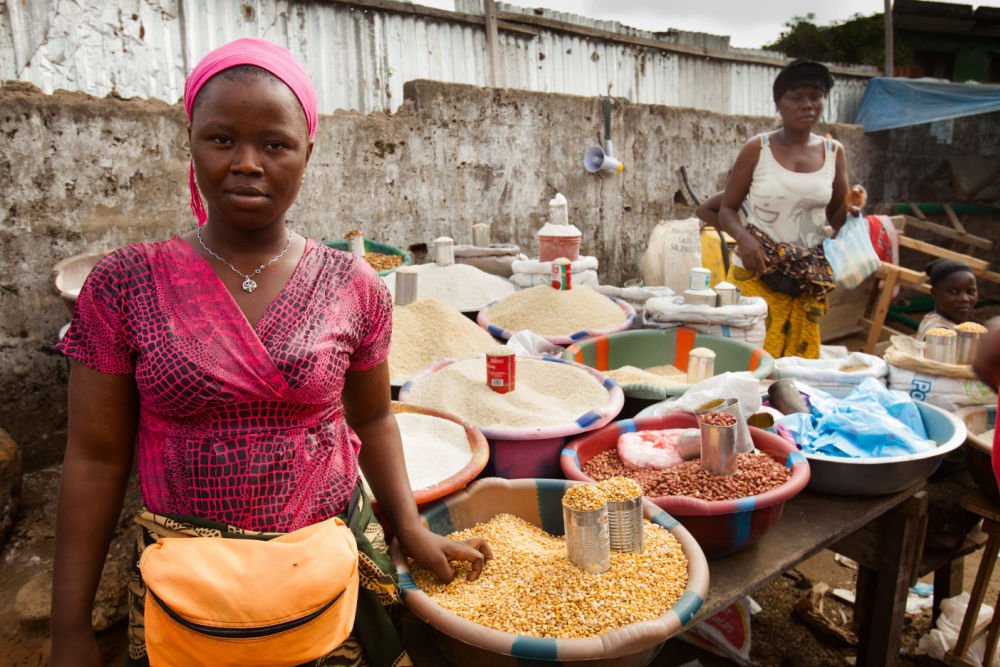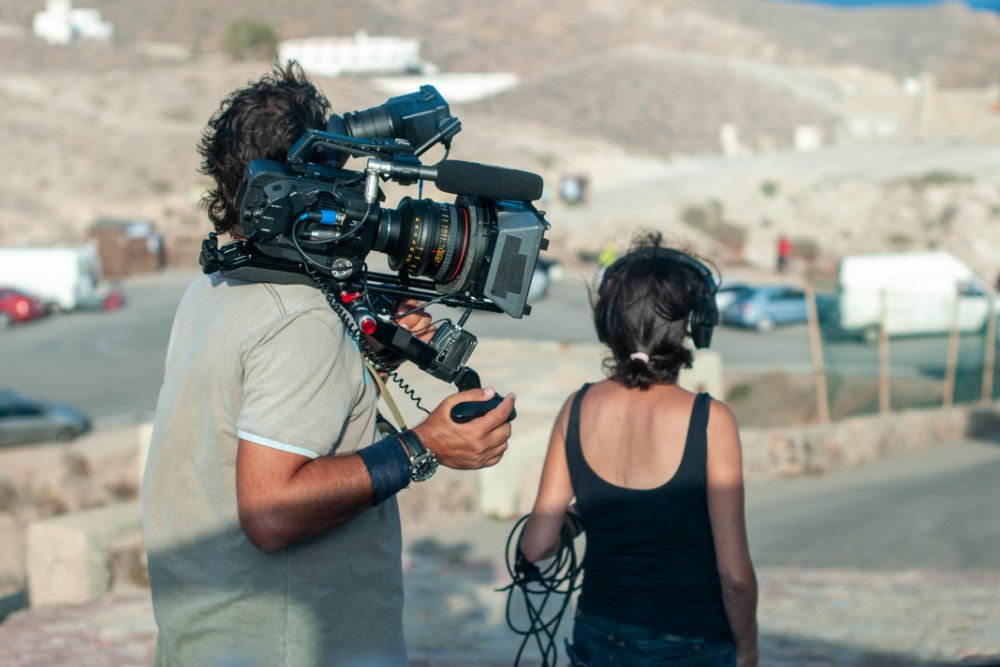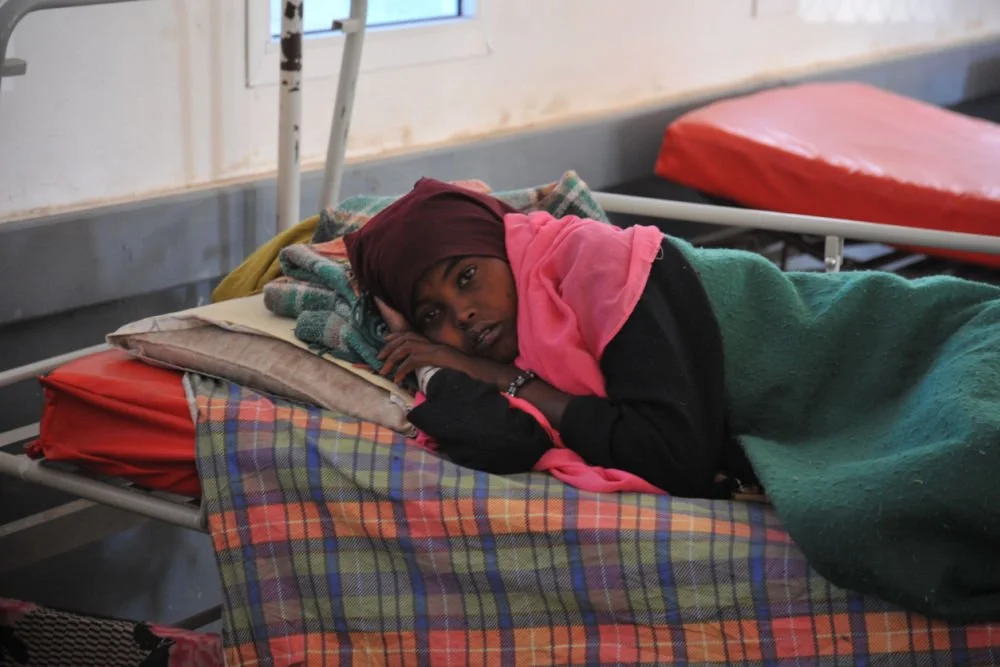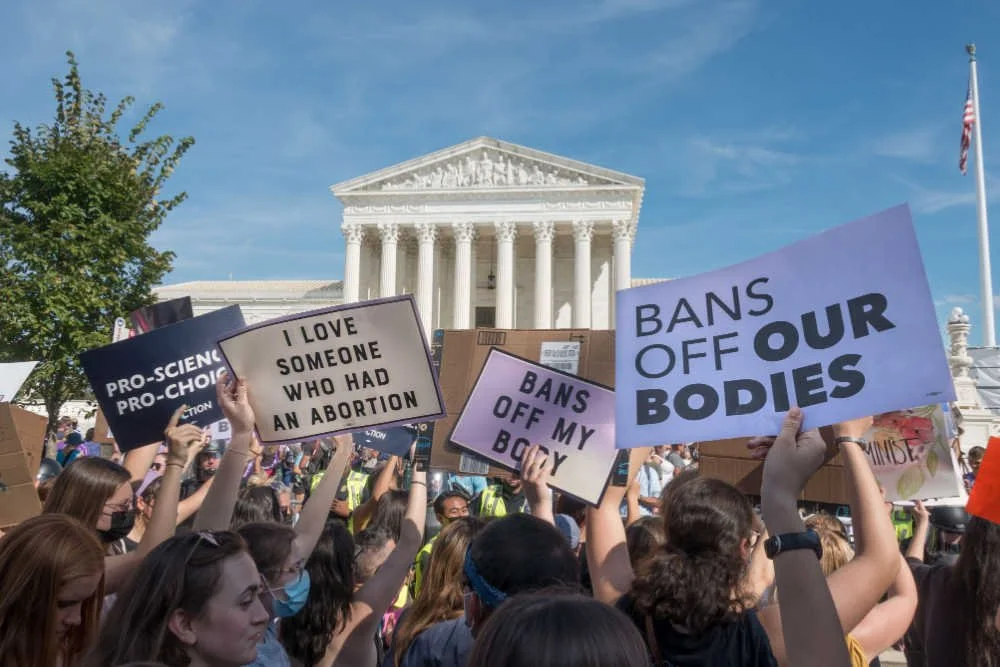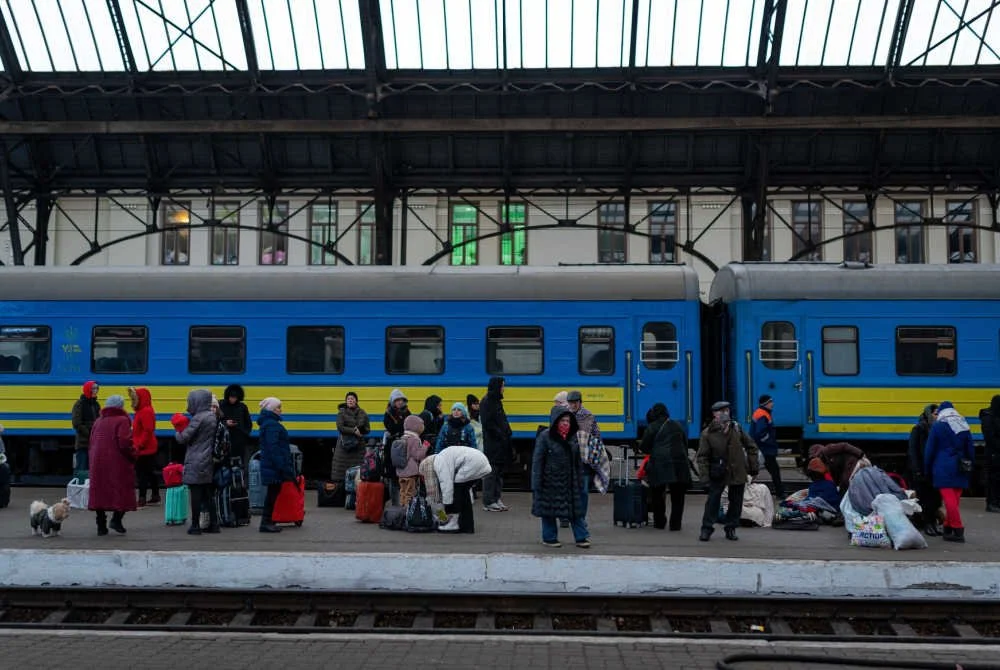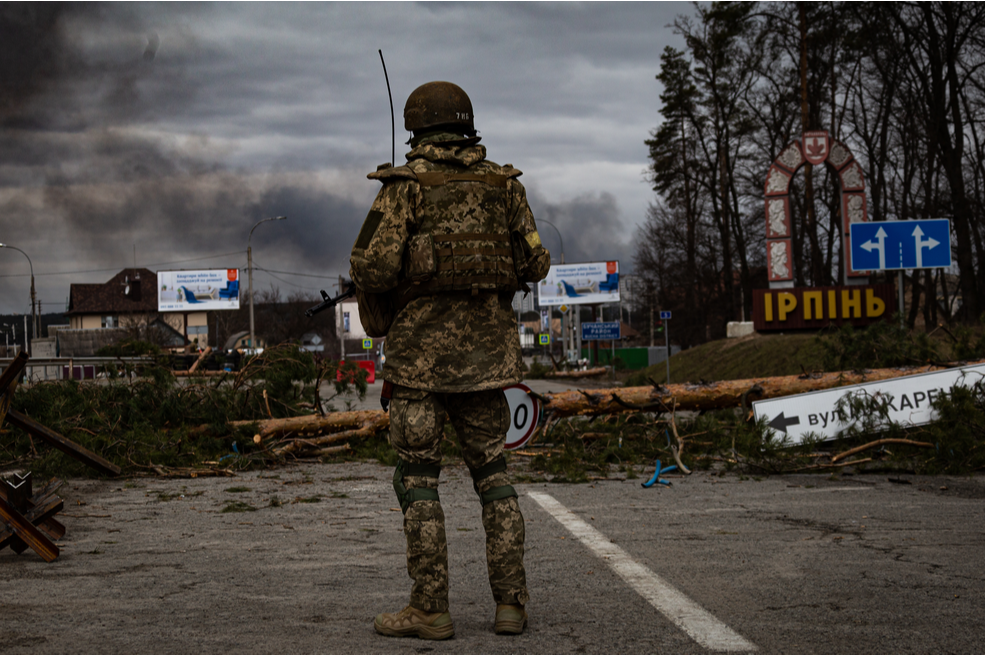Hidden in Plain Sight: A Campaign to Shine a Spotlight on Labor Trafficking
/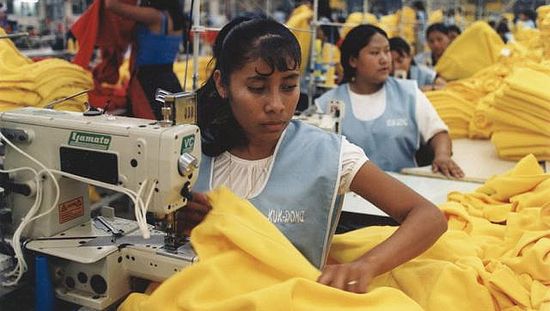
Labor trafficking is largely defined as using violence, threats, lies, promises, debt bondage, and other forms of coercion to force men, women and children, to work against their will for little or no pay. And it touches just about every industry. Consumers can do their best to curb labor trafficking by purchasing ethically manufactured goods, but the problem is much larger than that.
Oftentimes, regions where the raw materials are collected or gathered to make the products lack labor laws and protections. And manufactured goods often change hands a number of times before they reach their final destinations. The global labor supply chain is incredibly complex and opaque. Meanwhile, plenty of people are trafficked in local industries that aren't part of any larger supply chains.
For these and other reasons, effectively combating modern slavery requires some heavy lifting on the part of all key stakeholders. Humanity United is critical player in this space.
Related: Humanity United: Grants for Human Rights
Part of the Omidyar Group, Humanity United is working to protect some of the world’s most vulnerable populations from exploitation, specifically in the areas of modern-day slavery and human trafficking. This funder is also keenly aware that public-private partnerships are a powerful weapon in the modern abolitionist war chest.
In 2012, Humanity United joined the Partnership for Freedom (PFF), “a public-private partnership to spur innovative solutions to human trafficking challenges.” PFF is led by Humanity United, the Department of Justice, the Department of Health and Human Services, the Department of Housing and Urban Development, the Department of State, and the Department of Labor.
Other private funders involved in PFF include Steven Spielberg’s Righteous Persons Foundation, Goldman Sachs’ 10,000 Women Initiative, and the Ray and Dagmar Dolby Family Fund.
Related: Five Companies that are Breaking the Forced Labor Link in the Global Supply Chain
Beginning in 2013, PFF has conducted Innovation Challenges to address different facets of slavery. The 2015 challenge was called "Rethink Supply Chains: the Tech Challenge to Fight Labor Trafficking." The challenge called for the sharing of “innovative applications of technology to address labor trafficking and exploitation in global supply chains.”
This year’s grand prize winners are Sustainability Incubator and Trace Register, which teamed up to help companies advance sustainability, as well as, gain a better understanding of the labor and human trafficking risks in their supply chains in an increased effort to combat modern slavery.
The $250,000 grant will support the further development of the Labor Safe Digital Certificate program, a “digital risk assessment tool that will help seafood suppliers and major retailers better screen for risks of forced labor and addressing high-risk zones within their supply chains.”
The runner-up, Good World Solutions, received a $50,000 grant to advance the development of its LaborLink program, a mobile tech platform that raises the visibility of trafficked laborers by gathering and analyzing worker feedback.
The International Labor Organization puts nearly 21 million people as victims of forced labor and illegal profits at $150 billion. Given the scale and scope of the problem, it’s difficult for most of us to wrap our brains around modern-day slavery and the fact that it is occurring everywhere in the world and in nearly every industry. And while there are a multitude of contributing factors, here, one facet of the modern slave trade often overlooked is labor trafficking.
Fortunately, there is a set of foundations on the case, as we've reported. Beyond Humanity United and funders mentioned already, the Freedom Fund, Google.org, and the Hilton and Novo foundations have given attention to efforts to end modern slavery in all its forms. We could name others, too. But more funders are still needed in this space.
Related: Funding the New Abolitionism: Who’s Giving to End Modern Day Slavery?




